This morning the editor of the Frontiers in Psychiatry emailed us that the paper reporting the findings of the baseline data of a large-scale epidemiological study into pregnancy during COVID-19 in the UK has been published [1]. The interdisciplinary research team includes researchers from University Hospitals Dorset NHS Foundation Trust (Dr. Latha Vinayakarao & Prof. Minesh Khashu) and Bournemouth University (Prof. Edwin van Teijlingen). 
This longitudinal study explores how the SARS-CoV-2 [COVID-19] pandemic affected the mental health of pregnant people in the UK. In mid-to-late 2020, we recruited 3666 individuals in the UK for the EPPOCH pregnancy cohort (Maternal mental health during the COVID-19 pandemic: Effect of the Pandemic on Pregnancy Outcomes and Childhood Health). Participants were assessed for depression, anxiety, anger and pregnancy-related anxiety using validated scales. Additionally, physical activity, social support, individualized support and personal coping ability of the respondents were assessed as potential resilience factors.
 Participants reported high levels of depression (57.05%), anxiety (58.04%) and anger (58.05%). Higher levels of social and individualized support and personal coping ability were associated with lower mental health challenges. Additionally, pregnant individuals in the UK experienced higher depression during the pandemic than that reported in Canada. Finally, qualitative analysis revealed that restrictions for partners and support persons during medical appointments as well as poor public health communication led to increased mental health adversities and hindered ability to make medical decisions.
Participants reported high levels of depression (57.05%), anxiety (58.04%) and anger (58.05%). Higher levels of social and individualized support and personal coping ability were associated with lower mental health challenges. Additionally, pregnant individuals in the UK experienced higher depression during the pandemic than that reported in Canada. Finally, qualitative analysis revealed that restrictions for partners and support persons during medical appointments as well as poor public health communication led to increased mental health adversities and hindered ability to make medical decisions.
The study highlights the increased mental health challenges among pregnant individuals in the UK during pandemic. These results highlight the need for reassessing the mental health support measures available to pregnant people in the UK, both during times of crisis and in general.
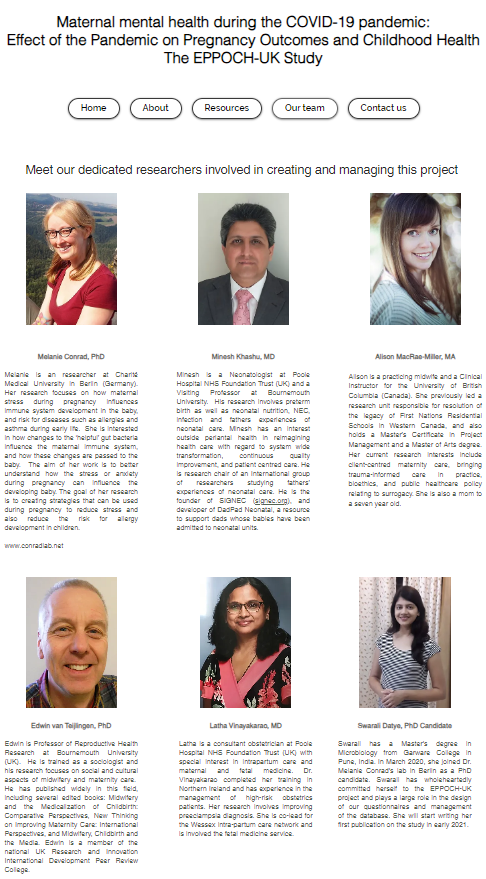
Reference:
- Datye, S., Smiljanic, M., Shetti, R.H., MacRae-Miller, A., van Teijlingen, E., Vinayakarao, L., Peters, E.M.J., Lebel, C.A., Tomfohr-Madsen, L., Giesbrecht, G., Khashu, M., Conrad, M.L. (2024) Prenatal maternal mental health and resilience in the United Kingdom during the SARS-CoV-2 Pandemic: A cross-national comparison, Frontiers in Psychiatry, 15 https://doi.org/10.3389/fpsyt.2024.1411761
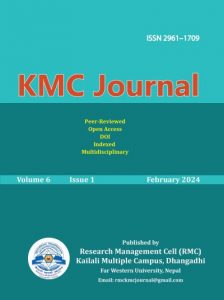

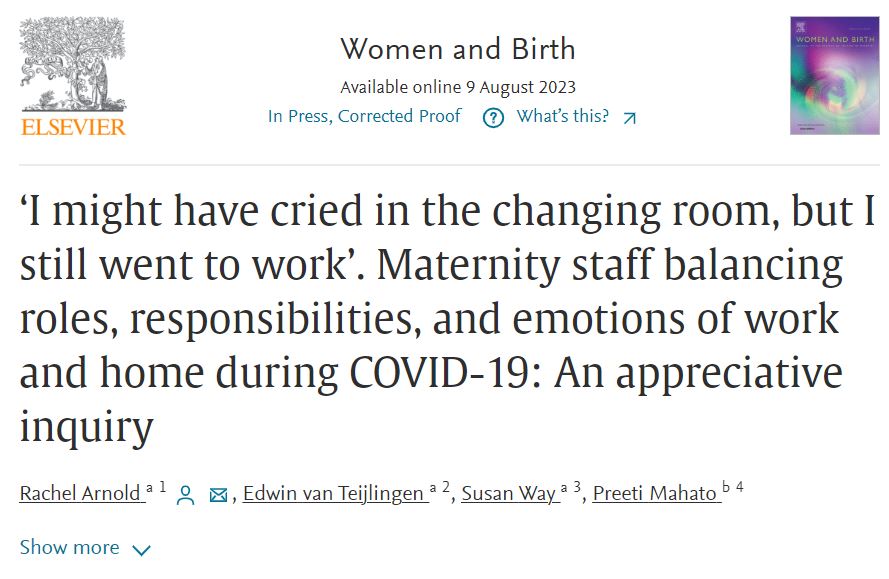







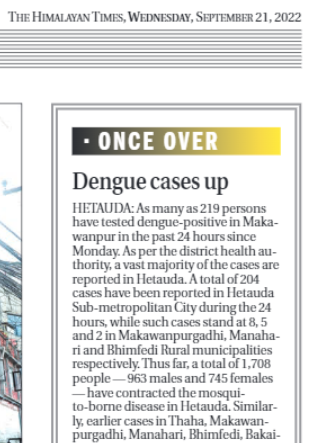
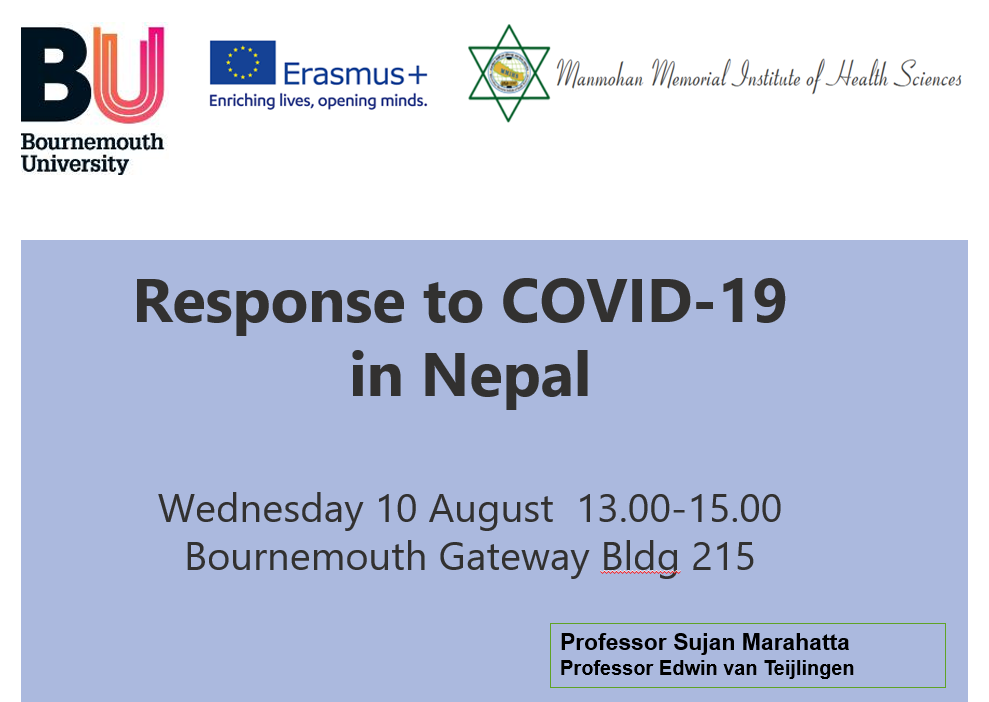
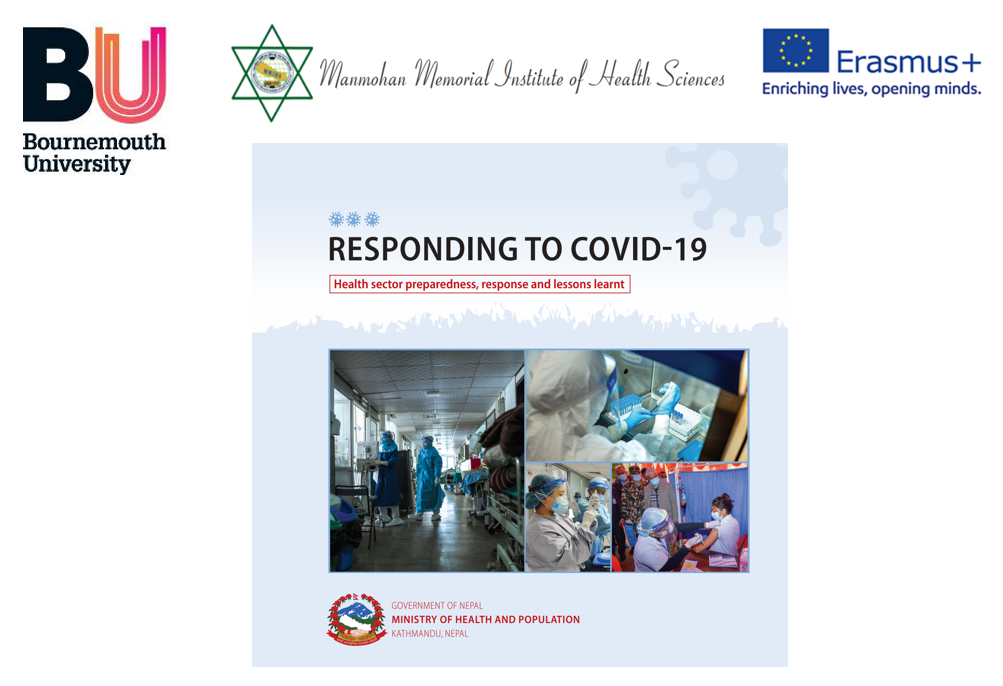

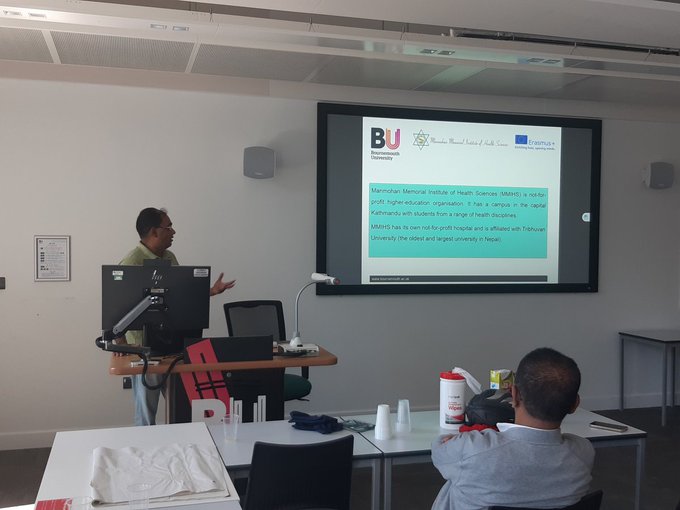
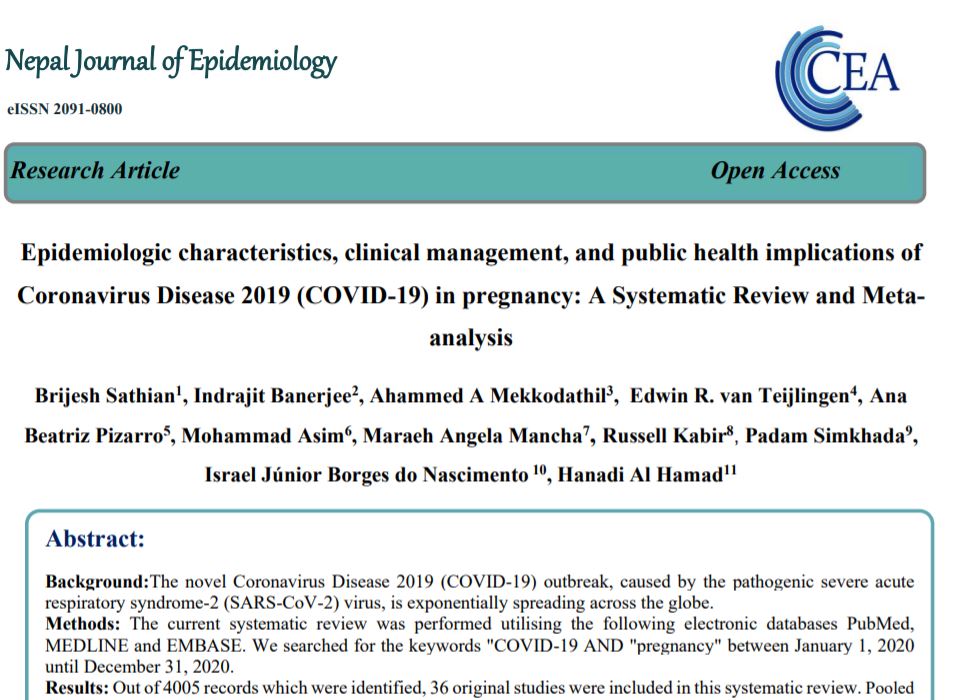 This review covered the published literature on the epidemiology, clinical management and public health prevention aspects of pregnancy and childbirth and coronavirus (COVID-19) up until December 2020. We worked hard and fast to submit the paper as soon as possible after the end of 2020 to be able to publish up-to-date findings. We managed this and submitted the paper on March 5th, the peer-review took some months and so did the making of the revisions. As a result we resubmitted the manuscript of 29 September and we got the acceptance email within a week. We made it into the next issue of the Nepal Journal of Epidemiology which published exactly one year after the data collection period had ended for our systematic review.
This review covered the published literature on the epidemiology, clinical management and public health prevention aspects of pregnancy and childbirth and coronavirus (COVID-19) up until December 2020. We worked hard and fast to submit the paper as soon as possible after the end of 2020 to be able to publish up-to-date findings. We managed this and submitted the paper on March 5th, the peer-review took some months and so did the making of the revisions. As a result we resubmitted the manuscript of 29 September and we got the acceptance email within a week. We made it into the next issue of the Nepal Journal of Epidemiology which published exactly one year after the data collection period had ended for our systematic review.

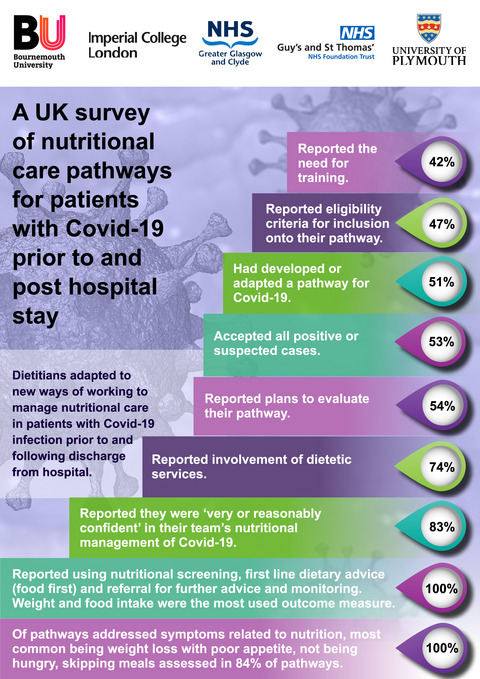

 Throughout the Covid-19 pandemic, the news media have played an instrumental role in providing the latest updates and information. An increasing number of people, however, have sometimes avoided the news, finding negative coverage has a detrimental effect on their mood and wellbeing.
Throughout the Covid-19 pandemic, the news media have played an instrumental role in providing the latest updates and information. An increasing number of people, however, have sometimes avoided the news, finding negative coverage has a detrimental effect on their mood and wellbeing. Research at Bournemouth University is looking at the effectiveness of comic artistry and storytelling in the sharing of public health messaging.
Research at Bournemouth University is looking at the effectiveness of comic artistry and storytelling in the sharing of public health messaging.
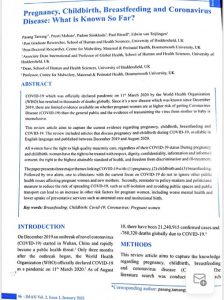
 wrote a blog post on the role of universities in the 21st century and the importance of research, inspired by an article in the Guardian –
wrote a blog post on the role of universities in the 21st century and the importance of research, inspired by an article in the Guardian –  The role of a university has been debated since the nineteenth century. In 1852 Cardinal Newman wrote that the sole function of a university was to teach universal knowledge, embodying the idea of ‘the learning university’. Newman believed that knowledge is valuable and important for its own sake and not just for its perceived use to society (this is quite different from the current thinking on the importance of research impact, public accountability and the value of research findings to society at large, issues which I imagine Newman would have thought of as irrelevant!). There was not a great deal in Newman’s work about the importance of research in a university, but research was beginning to play the starring role in mainland Europe where Prussian education minister Wilhelm von Humboldt wrote of the concept of ‘the research university’ and eventually set up the Humboldt University of Berlin. After the Napoleonic Wars, von Humboldt’s view was that the research university was a tool for national rebuilding through the prioritisation of graduate research over undergraduate teaching. This model soon became the blueprint for the rest of Europe, the United States and Japan. Arguably the Russell Group universities are today still structured in a similar way to that envisaged by von Humboldt two hundred years ago.
The role of a university has been debated since the nineteenth century. In 1852 Cardinal Newman wrote that the sole function of a university was to teach universal knowledge, embodying the idea of ‘the learning university’. Newman believed that knowledge is valuable and important for its own sake and not just for its perceived use to society (this is quite different from the current thinking on the importance of research impact, public accountability and the value of research findings to society at large, issues which I imagine Newman would have thought of as irrelevant!). There was not a great deal in Newman’s work about the importance of research in a university, but research was beginning to play the starring role in mainland Europe where Prussian education minister Wilhelm von Humboldt wrote of the concept of ‘the research university’ and eventually set up the Humboldt University of Berlin. After the Napoleonic Wars, von Humboldt’s view was that the research university was a tool for national rebuilding through the prioritisation of graduate research over undergraduate teaching. This model soon became the blueprint for the rest of Europe, the United States and Japan. Arguably the Russell Group universities are today still structured in a similar way to that envisaged by von Humboldt two hundred years ago. Moving into the twentieth century and we come across American educationalist Abraham Flexner who wrote of ‘the modern university’. In Flexner’s view universities had a responsibility to pursue excellence, with academic staff being able to seamlessly move from the research lab to the classroom and back again. The pursuit of excellence features in many universities strategies and the union and seamless movement between research and education sounds like an early version of BU’s Fusion strategy.
Moving into the twentieth century and we come across American educationalist Abraham Flexner who wrote of ‘the modern university’. In Flexner’s view universities had a responsibility to pursue excellence, with academic staff being able to seamlessly move from the research lab to the classroom and back again. The pursuit of excellence features in many universities strategies and the union and seamless movement between research and education sounds like an early version of BU’s Fusion strategy. The creation and sharing of new knowledge and new ideas has become the principal purpose of many modern universities. In Northern and Western Europe and North America the university has become the key producer of knowledge (through research) and the key sharer of knowledge (through teaching). Professor Eric Thomas (former Vice-Chancellor at University of Bristol) claimed that universities are the knowledge engines of our society having produced the vast majority of society’s breakthroughs and innovations, such as: the computer, the web, the structure of DNA, Dolly the Sheep, and the fibre optic cable. We can now add the COVID vaccine to that list, as developed by the University of Oxford and AstraZeneca. Where would we be without these breakthroughs and would they have come about so quickly without university research?
The creation and sharing of new knowledge and new ideas has become the principal purpose of many modern universities. In Northern and Western Europe and North America the university has become the key producer of knowledge (through research) and the key sharer of knowledge (through teaching). Professor Eric Thomas (former Vice-Chancellor at University of Bristol) claimed that universities are the knowledge engines of our society having produced the vast majority of society’s breakthroughs and innovations, such as: the computer, the web, the structure of DNA, Dolly the Sheep, and the fibre optic cable. We can now add the COVID vaccine to that list, as developed by the University of Oxford and AstraZeneca. Where would we be without these breakthroughs and would they have come about so quickly without university research?










 ESRC Festival of Social Science 2025 – Reflecting back and looking ahead to 2026
ESRC Festival of Social Science 2025 – Reflecting back and looking ahead to 2026 3C Event: Research Culture, Community & Cookies – Tuesday 13 January 10-11am
3C Event: Research Culture, Community & Cookies – Tuesday 13 January 10-11am Dr. Chloe Casey on Sky News
Dr. Chloe Casey on Sky News Final Bournemouth University publication of 2025
Final Bournemouth University publication of 2025 On Christmas Day in the Morning…
On Christmas Day in the Morning… ECR Funding Open Call: Research Culture & Community Grant – Application Deadline Friday 12 December
ECR Funding Open Call: Research Culture & Community Grant – Application Deadline Friday 12 December MSCA Postdoctoral Fellowships 2025 Call
MSCA Postdoctoral Fellowships 2025 Call ERC Advanced Grant 2025 Webinar
ERC Advanced Grant 2025 Webinar Horizon Europe Work Programme 2025 Published
Horizon Europe Work Programme 2025 Published Update on UKRO services
Update on UKRO services European research project exploring use of ‘virtual twins’ to better manage metabolic associated fatty liver disease
European research project exploring use of ‘virtual twins’ to better manage metabolic associated fatty liver disease